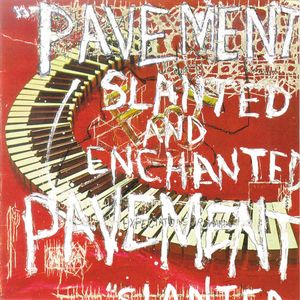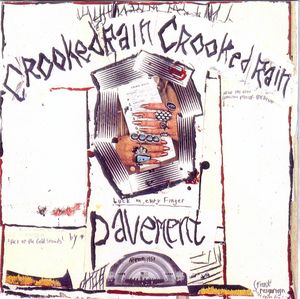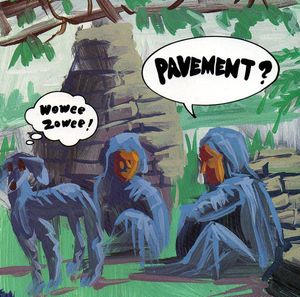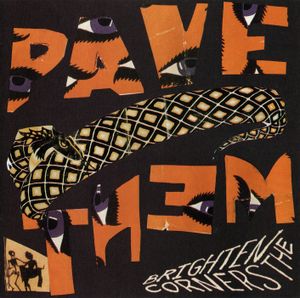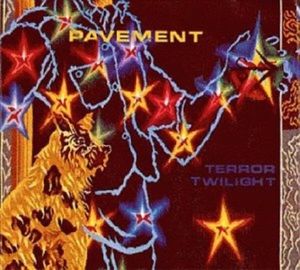
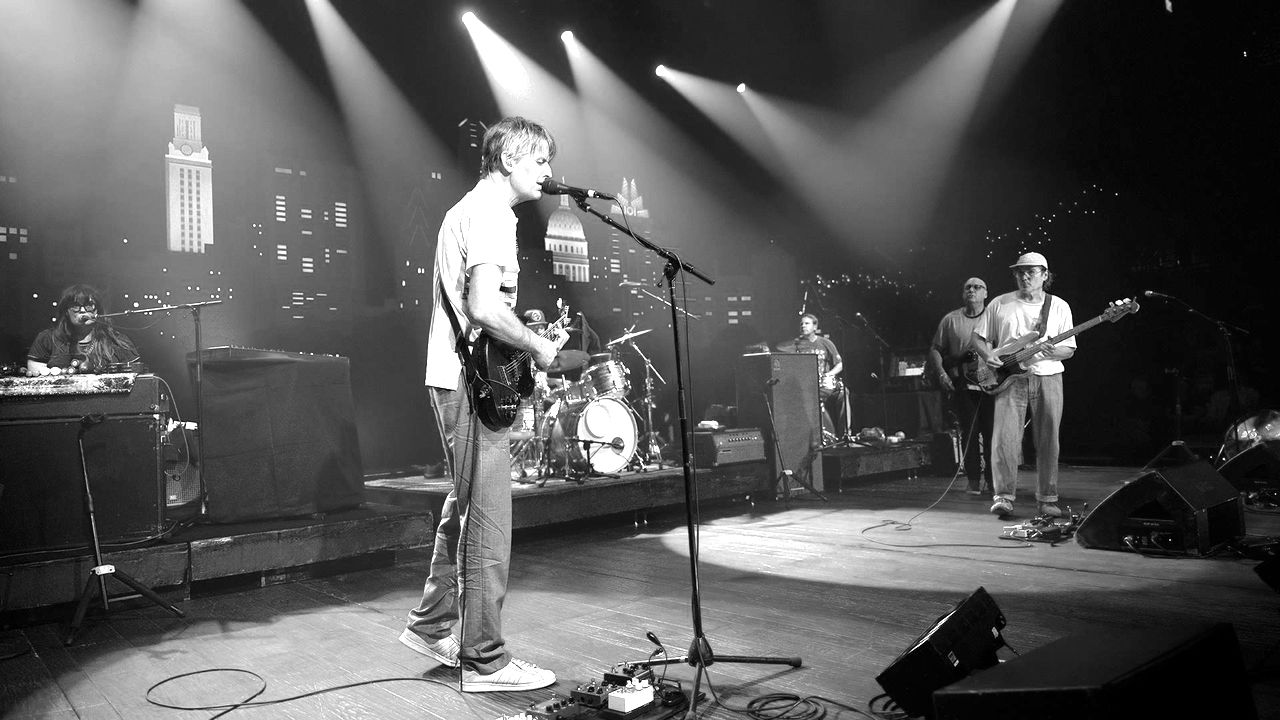
Pavement
Follow Your Favorite Band Today!
Top Pavement Community Posts
Story of Pavement
Pavement: The Indie Rock Pioneers Who Defined the '90s
Pavement, the legendary indie rock band, emerged from the fertile underground scene of Stockton, California in 1989. Formed by the enigmatic Stephen Malkmus (vocals, guitar) and the equally brilliant Scott Kannberg (guitar, vocals), the group quickly established itself as a force to be reckoned with, their sound a unique blend of slacker apathy, melodic hooks, and a distinctly "lo-fi" aesthetic.
Initially conceived as a recording project, Pavement eschewed mainstream media and live performances, opting to build a loyal following through their raw, independent releases. Their early work captured the zeitgeist of the era, resonating with a generation disillusioned with the polished gloss of mainstream rock.
As their career progressed, Pavement gradually evolved into a more polished, yet still undeniably unique band. Over a decade, they released five studio albums and ten EPs, solidifying their place as a cornerstone of the indie rock movement. Their influence extended far beyond the underground, reaching a wide range of musicians and spawning a legion of imitators.
While they never quite achieved mainstream superstardom, Pavement's impact on the music scene was undeniable. Their refusal to compromise their artistic vision and their commitment to independent music made them icons for a generation. They were also praised by influential critics like Robert Christgau and Stephen Thomas Erlewine, who hailed them as the best band of the '90s.
After a somewhat acrimonious split in 1999, Pavement reunited in 2010 for a highly successful tour, further solidifying their legacy and demonstrating their enduring influence. They returned to the stage in 2022-24 for another international tour, proving that even after all these years, their music still resonated with fans across the globe.
Pavement's music continues to be celebrated for its originality, its undeniable hooks, and its lasting impact on the world of indie rock. They remain one of the most influential and enduring bands to emerge from the American underground, forever leaving their mark on the '90s and beyond.
Frequently Asked Questions
Bands you may like
More Alternative Rock Bands
Discover more bands in the Alternative Rock genre and explore the diverse sounds that define this musical style.
Browse All Alternative Rock BandsMore Bands from United States
Discover the rich musical heritage of United States and explore bands that represent the country's unique sound and culture.
Browse All United States Bands
